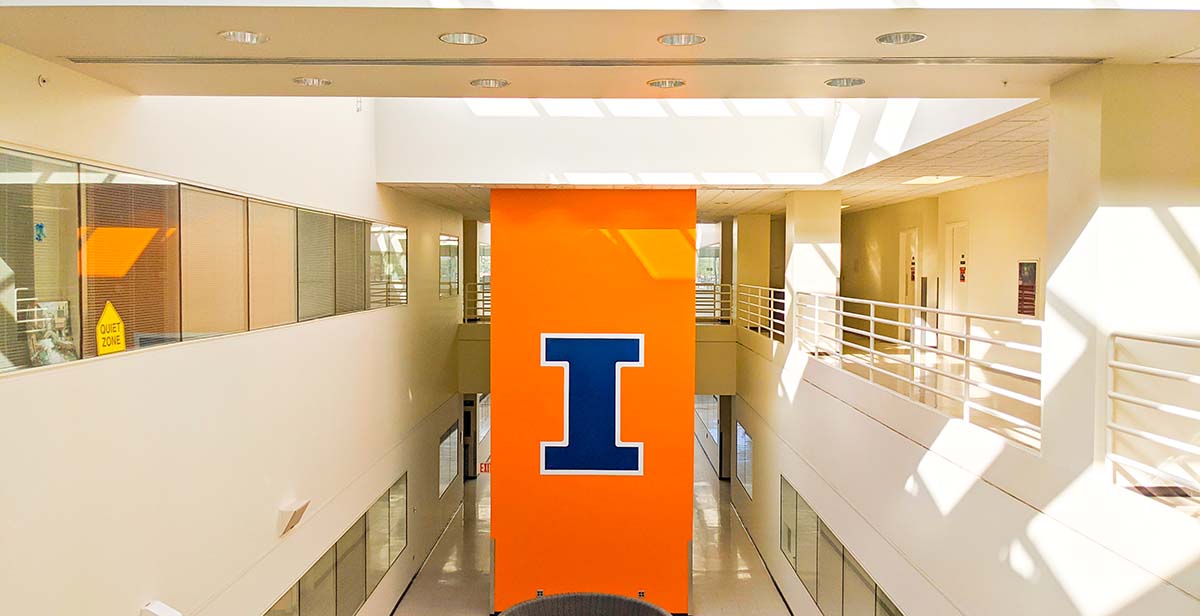Pet overpopulation, shelter vet shortage
In August, state legislators passed a bill that changed what happens to money generated through the state’s Pet Friendly license plate sales. That money will now support the University of Illinois Shelter Medicine Program. Previously, the funds were administered by the Illinois Department of Public Health (IDPH), which matched eligible pet owners with veterinarians in their geographic region who would perform sterilization procedures on the pets.
Specifically, Senate Bill 2313, sponsored by Sen. Linda Holmes (D-42nd District) and Rep. Katie Stuart (D-112th District), amended the Animal Control Act (Public Act 100-787). Among other changes, the new law names the University of Illinois College of Veterinary Medicine as the administrator of the program to reduce the population of unwanted and stray dogs and cats in Illinois and protect public health through sterilization and vaccination of pets. Sterilization procedures may be performed by a University of Illinois veterinarian or supervised veterinary student. Eligible animals include feral cats, adopted dogs or cats, and the pets of low-income families.
The legislation was supported by Best Friends Animal Society, a nonprofit organization that operates a sanctuary for 1,600 homeless animals and works nationally to promote adoption, pet sterilization, and owner education. (The Best Friends Animal Society has also recently granted the college’s shelter medicine program funds to provide spay and neuter surgeries and other services for 500 feral cats within the current academic year.)
More Animals Helped
An important outcome of the recent legislation is that more animals will be sterilized. The Shelter Medicine Program at Illinois is designed to deliver sterilization surgeries very efficiently while training student surgeons. Therefore, the cost per procedure is much lower than could be obtained through the previous IDPH delivery model.
In the most recent year under the IDPH model, 1,200 animals were sterilized with funds generated by the license plate sales. The Shelter Medicine Program at Illinois already typically sterilizes between 3,000 and 4,500 dogs and cats a year, and has the capacity to grow that number with the new funding. Currently, the veterinary program has contractual agreements with 11 shelters in east central Illinois, visiting each via the mobile surgical unit to sterilize shelter animals.
More Veterinarians with Shelter Training
In addition to increasing the number of pet sterilizations, the legislation was enacted to address the shortage of shelter veterinarians by allowing more Illinois veterinary students to gain experience in this field. Many Illinois veterinary graduates remain in the state; by training future shelter medicine veterinarians who may practice across the state, the program works to meet this growing need.
The mission of the Shelter Medicine Program at Illinois is to reduce animal overpopulation and to improve the health and well-being of animals in need through the advancement of the discipline of shelter medicine among veterinarians and veterinary students.

![[pet-friendly license plate]](https://vetmed.illinois.edu/wp-content/uploads/2021/04/news-shelter-pet-friendly.jpg)


